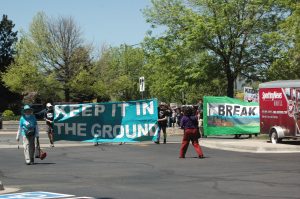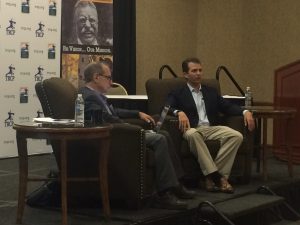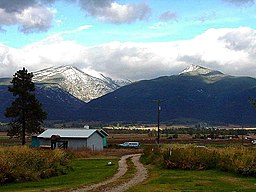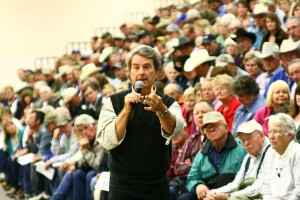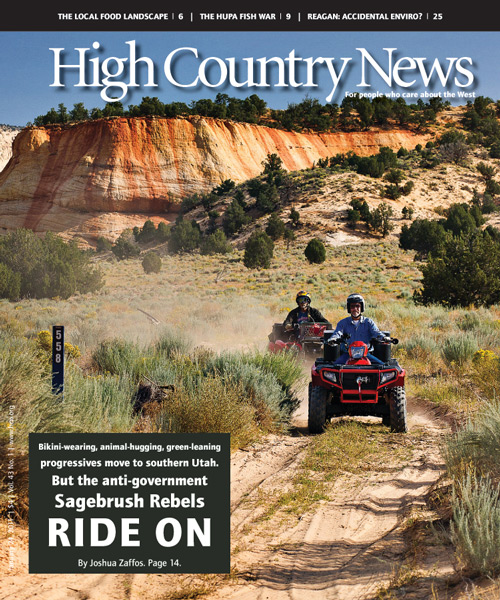RV industry lobbies to privatize services on public lands

At Yellowstone, Yosemite, and elsewhere, turning over national park campgrounds and other services to private companies is a common — and somewhat controversial — practice, where concessionaires offer more amenities and charge higher prices to visitors. And it may soon become even more ubiquitous in popular parks and some national forests, bringing changes that could alter the natural settings of campgrounds and public lands.
As Interior Secretary Ryan Zinke has begun steering the department that oversees our national parks, the RV and parks-hospitality industries appear to have their hands on the wheel. “We have been knocking on (Zinke’s) door and saying, ‘We have some great ideas, will you listen, please?’” says Derrick Crandall, who heads the National Parks Hospitality Association, the industry lobbying group for park concessionaires, and the American Recreation Coalition, which advocates for public-private partnerships. “We are excited.”
“RV industry lobbies to privatize services on public lands”
High Country News, September 29, 2017
